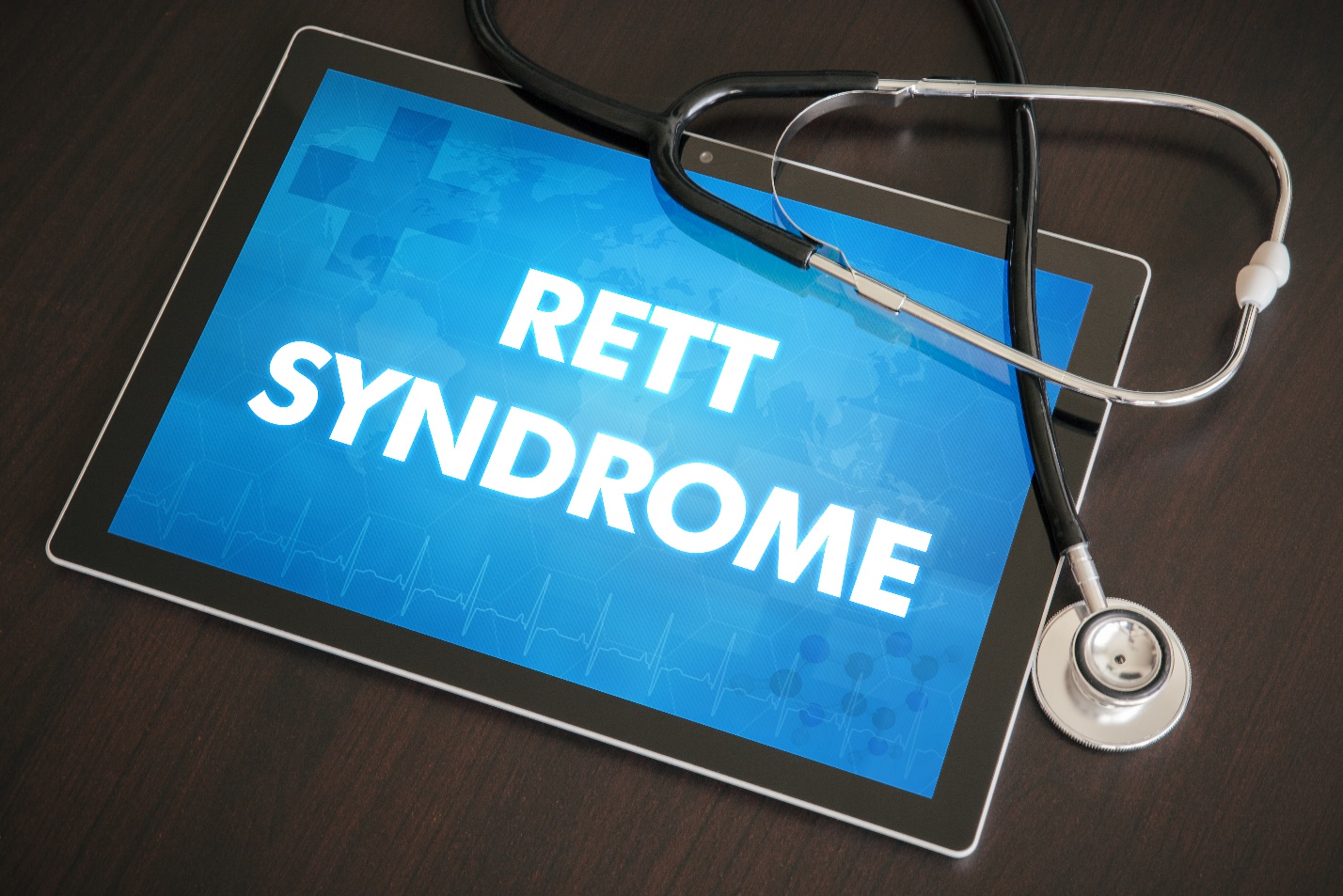
Early Positive Outcomes
TSHA-102 has shown promising results in four patients enrolled in two open-label, dose-escalation Phase I/II clinical trials. These trials include adult and adolescent patients in the US and Canada, as well as children in the US and UK. All patients have demonstrated early improvements in motor skills and other outcomes following the gene therapy.
“We saw consistent improvement across multiple clinical domains,” reported Sukumar Nagendran, Taysha’s president and head of R&D.
Understanding Rett Syndrome and TSHA-102
Rett syndrome is a rare, X-linked progressive neurodevelopmental disorder primarily affecting females. It is caused by mutations in the MECP2 gene and leads to symptoms such as intellectual disabilities, loss of communication, and seizures.
TSHA-102 utilizes an adeno-associated virus 9 (AAV9) vector to deliver a truncated version of the MECP2 gene, known as miniMECP2. This gene therapy is administered through a minimally invasive outpatient procedure to the spinal cord and is designed to regulate MECP2 protein expression.
Clinical Trials Progress
Taysha presented longer-term data on two adults and initial data on two children treated with TSHA-102.
Adult and Adolescent Trial
- First Patient: This 20-year-old female with severe disease has shown sustained improvements over 52 weeks, including the ability to sit unassisted, move her legs, and improved hand function. Before treatment, she was wheelchair-bound with a “constant state of hypertonia.” Post-treatment, she also showed improvements in social interaction, vocalization, sleep patterns, and stable seizures on lower levels of anti-seizure medication.
- Second Patient: This 21-year-old female with a milder disease presentation has shown improved posture, stability, social interest, and breathing patterns over 25 weeks. Her hand stereotypies, characteristic repetitive hand movements of Rett syndrome, have improved for the first time since she regressed at age three.
Pediatric Trial
- First Patient: This 6-year-old with a moderate disease phenotype showed improved hand function, the ability to walk with assistance, and sit unassisted over 12 weeks. She also demonstrated developmental gains on the Adapted Mullen Scales of Early Learning (MSEL-A).
- Second Patient: This 7-year-old with a milder disease phenotype showed improved speed and stability when walking and more seizure-free days over 8 weeks.
The patients treated in these trials have different genetic mutations and disease severities, suggesting that TSHA-102 may have broad treatment potential across various genotypes. No serious adverse events related to the gene therapy or dose-limiting toxicities have been observed. However, the pediatric patients experienced serious adverse events related to the immunosuppressive regimen required before receiving the gene therapy.
Broad Treatment Potential and Safety
“The patients dosed with TSHA-102 across both trials have different genetic mutations and associated disease severity, ranging from mild to severe,” said Sean Nolan, Taysha’s CEO. “We believe the improvements observed across consistent clinical domains, regardless of baseline disease severity, support the broad treatment potential of TSHA-102 across patients of different ages and genetic mutation backgrounds.”
1.https://www.precisionmedicineonline.com/business-news/motor-gains-observed-first-four-adults-children-get-tayshas-rett-syndrome-gene
2.https://www.fiercebiotech.com/biotech/taysha-links-gene-therapy-motor-gains-small-rett-study

Check out our AAV CDMO service to expedite your gene therapy research
PackGene Biotech is a world-leading CRO and CDMO, excelling in AAV vectors, mRNA, plasmid DNA, and lentiviral vector solutions. Our comprehensive offerings span from vector design and construction to AAV, lentivirus, and mRNA services. With a sharp focus on early-stage drug discovery, preclinical development, and cell and gene therapy trials, we deliver cost-effective, dependable, and scalable production solutions. Leveraging our groundbreaking π-alpha 293 AAV high-yield platform, we amplify AAV production by up to 10-fold, yielding up to 1e+17vg per batch to meet diverse commercial and clinical project needs. Moreover, our tailored mRNA and LNP products and services cater to every stage of drug and vaccine development, from research to GMP production, providing a seamless, end-to-end solution.
Related News
Sangamo Therapeutics Secures Accelerated Approval Pathway for Gene Therapy in Fabry Disease
Sangamo Therapeutics has announced a major advancement in its gene therapy program for Fabry disease, as the U.S. FDA has provided a clear pathway for Accelerated Approval. This decision could potentially speed up approval timelines by three years, with a Biologics...
[2024/10/18] Gene and Cell Therapy- weekly digest from PackGene
FeaturedNewsArticlesPackGene's NewsletterReceive the latest news and insights to your inbox.About PackGenePackGene Biotech is a world-leading CRO and CDMO, excelling in AAV vectors, mRNA, plasmid DNA, and lentiviral vector solutions. Our comprehensive offerings span...
GSK sues Moderna over mRNA vaccine patents, seeks ‘reasonable royalty’
GSK on Tuesday unveiled a lawsuit filed against Moderna in Delaware federal court, alleging that its patented inventions provide the “foundation” for Moderna’s mRNA vaccine portfolio. GSK said it’s looking to recover “a reasonable royalty” for Moderna’s tens of...
Gene Therapy Automatically Converts Omega-6 to Omega-3 Fatty Acids in the Body
Shriners Children's Develops New Technology to Prevent Childhood Obesity ST. LOUIS, Oct. 16, 2024 /PRNewswire/ -- According to the Centers for Disease Control, nearly 20% of children and teens are considered obese. Research shows it can have a dramatic impact on a...
Related Services

Plasmids GMP Services

AAV GMP Services


